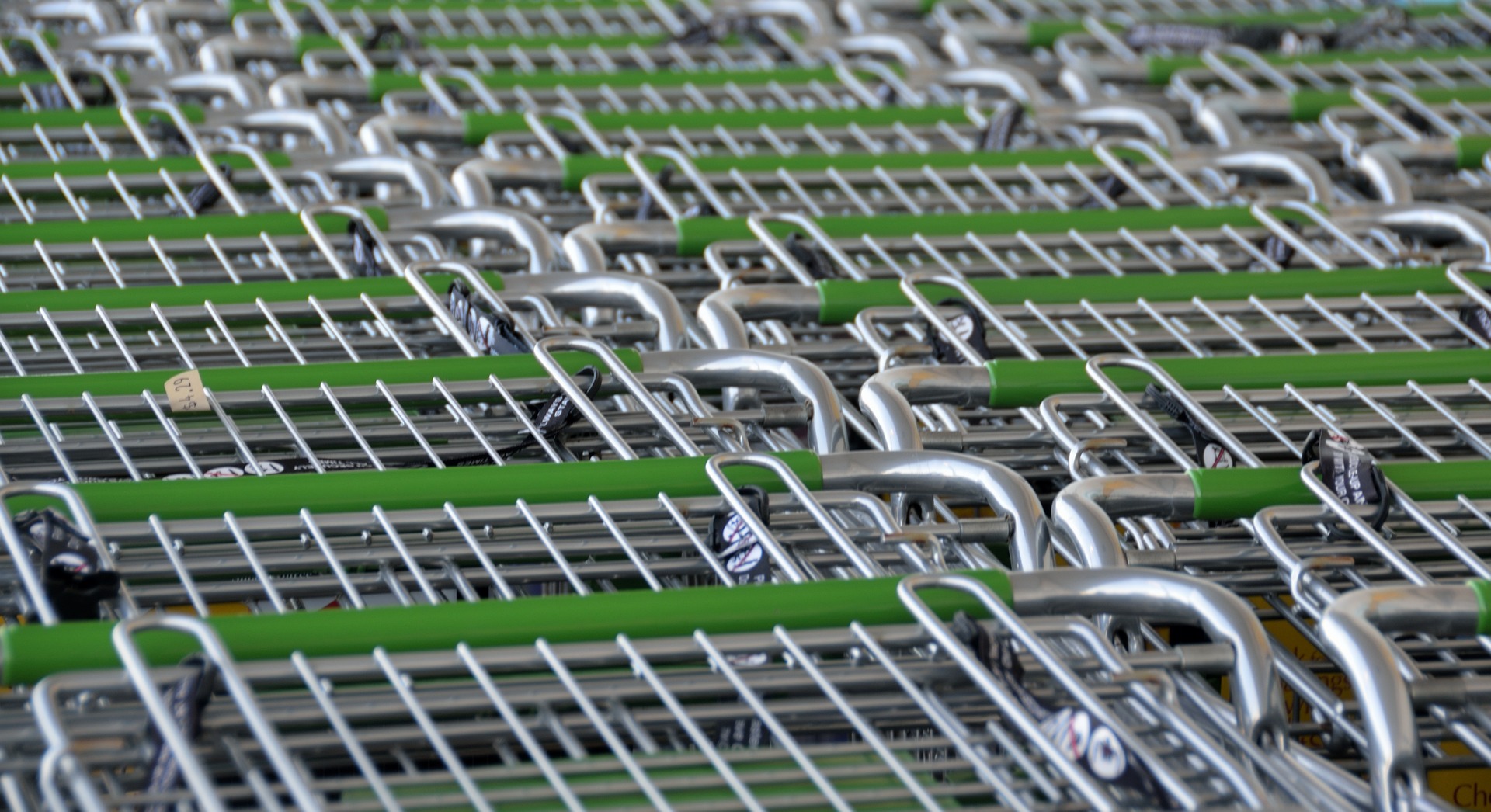German supermarket chain Penny has raised the prices of certain items for a week to reflect the cost their production has on the environment.
Nine products at all 2,150 branches of the discounter will be priced at what experts at the University of Greifswald and the Nuremberg Institute of Technology think their true value should be due to their effect on soil, climate, water use and health.
Under the “wahre Kosten” or “real cost” campaign, a packet of Dutch cheese has risen from €2.19 to €3.70 while the price of sausages has risen from €3.29 to €5.26.
In contrast, the price for a packet of vegan schnitzel has risen by 14 cents to €2.83. Penny said this reflects the fact that plant-based foods have a lower environmental impact.
The supermarket added that it will donate profit from the experiment to a charity called Zukunftsbauer, or future farmer, which supports small family-owned farms in Alpine regions that struggle to break even.
The Deutsche Bauernverband (German Farmers' Association) has criticised the supermarket chain for the campaign.
Bernhard Krüsken, the general secretary of the Deutsche Bauernverband told German newspaper Frankfurter Allgemeine Zeitung that the campaign was just “greenwashing,” claiming that the discounter has little interest in fair pricing.
Latest News
-
Debenhams first UK retailer to roll out PayPal’s agentic AI assistant
-
Starbucks installs new payment tech in 943 European stores
-
Asos opens immersive London pop-up shop to showcase viral beauty range
-
EE launches in-store AI safety appointments
-
Amazon Pharmacy expands same-day prescription delivery service to 4,500 US cities
-
New Look loyalty scheme hits one million members
Beyond Channels: Redefining retail with Unified Commerce
This Retail Systems fireside chat with Nikki Baird, Vice President, Strategy & Product at Aptos will explore how unified commerce strategies enable retailers to tear down these barriers and unlock new levels of operational agility and customer satisfaction.
The future of self-checkout: Building a system that works for consumers and retailers
In this webinar, industry leaders discussed what the future of self-checkout looks like and how retailers can make the technology work for everyone.
© 2024 Perspective Publishing Privacy & Cookies



.jpg)






Recent Stories